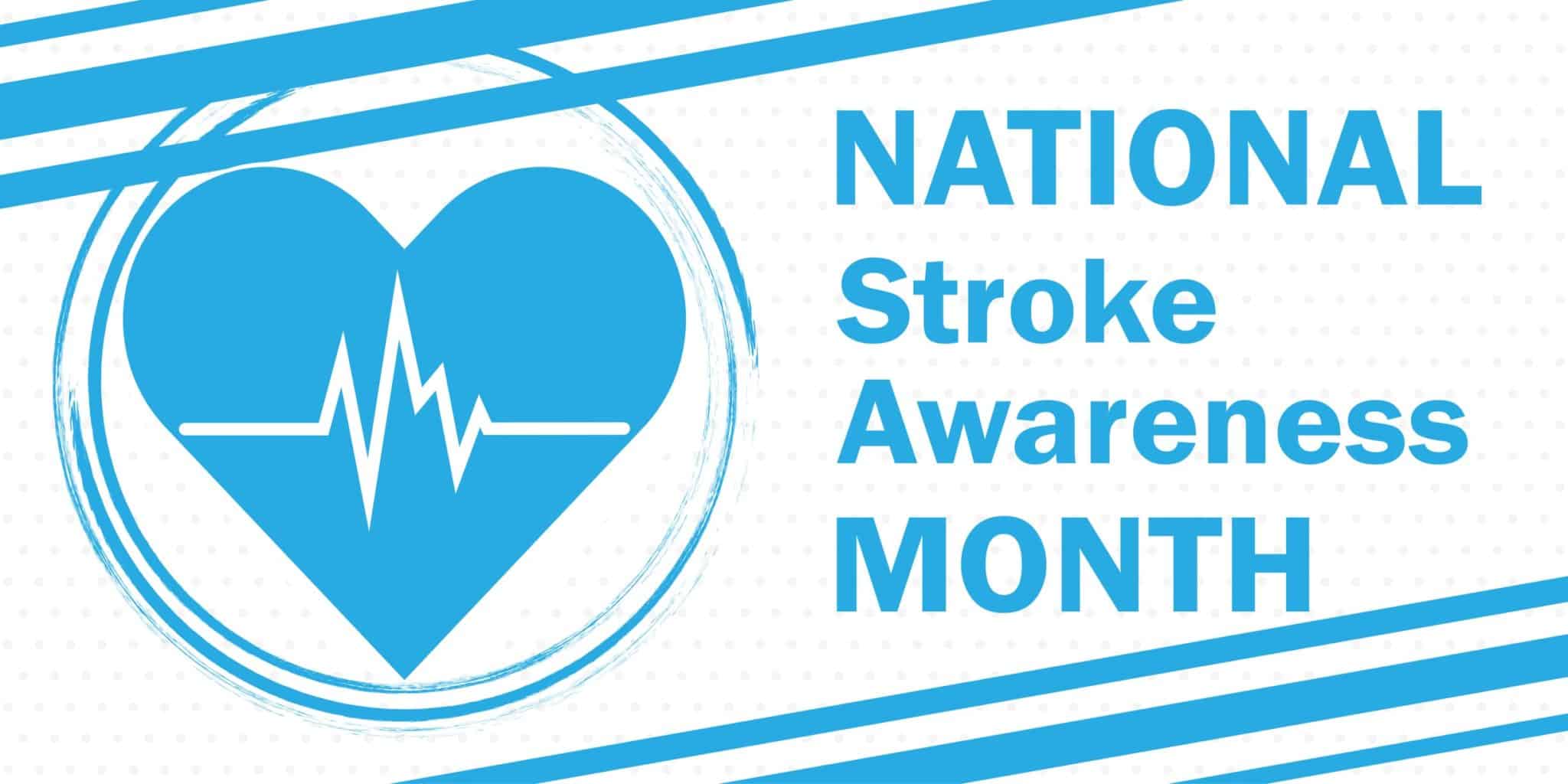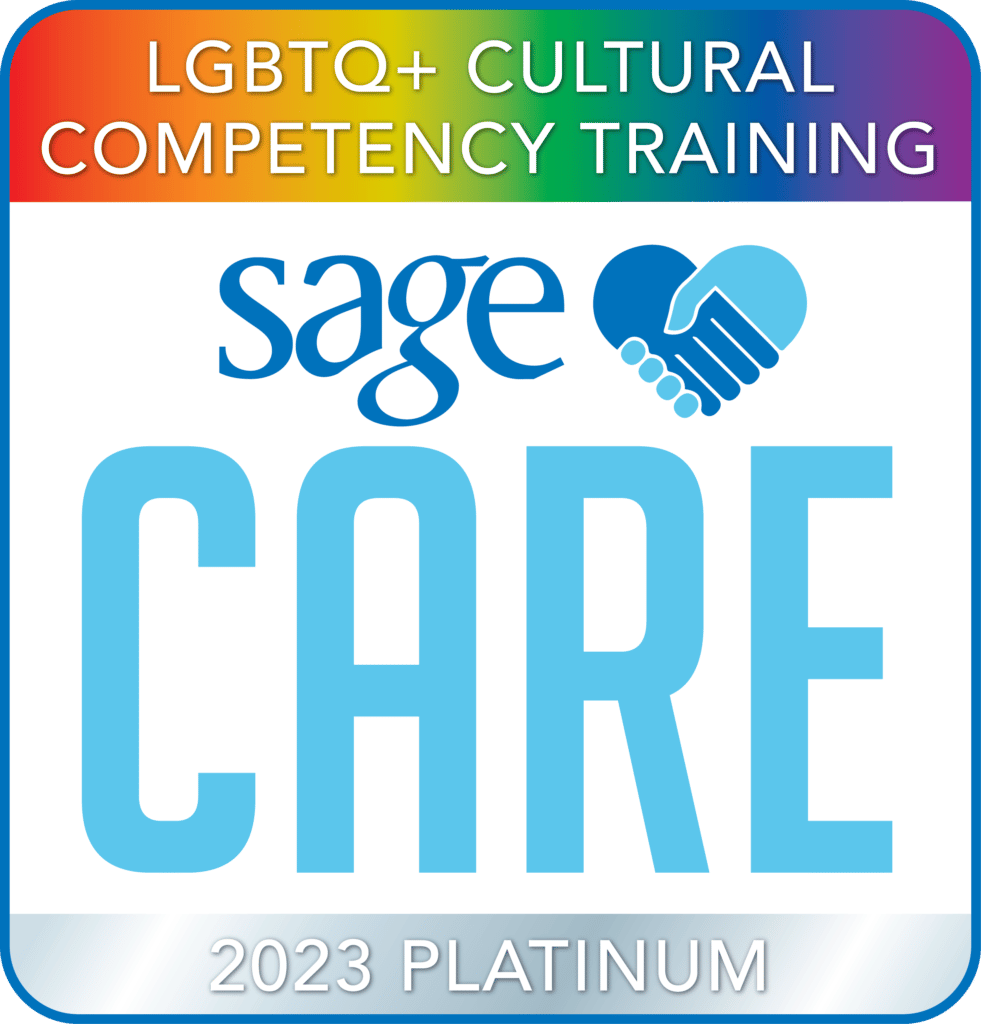Stroke Awareness Month: Signs and Treatments for Seniors

The sooner a person having a stroke gets care, the better their outcome is likely to be. For those who may not know, a stroke occurs when the flow of blood to the brain is interrupted, preventing the brain from getting oxygen and nutrients. Brain cells begin to die very quickly when this occurs, with damage occurring within three minutes, which is why rapid treatment is so important.
For this reason, it’s helpful to know the signs of a stroke and treatment options, so you can act quickly and effectively. Our short-term rehab team in Cape May County, NJ, has put together a guide to strokes that involves critical information regarding symptoms and treatments.
There are three main types of stroke:
- Ischemic stroke – This is the most common type of stroke. It’s often caused by a blood clot travelling through the arteries and veins that becomes stuck and forms a blockage.
- Hemorrhagic stroke – This occurs when an artery in the brain starts to leak blood onto the brain, causing an increase of pressure in the skull that damages brain cells.
- Transient ischemic attack or stroke – A transient ischemic attack (TIA), often called a mini-stroke, is a minor blockage that causes reduced blood supply to the brain for a short time. Although the effects are more minor, it’s an important warning sign that the person is at risk for future strokes. Immediate medical treatment is necessary.
A stroke can happen at any age, but seniors are especially vulnerable, especially if they suffer from high blood pressure, high cholesterol, diabetes or obesity. You are also at risk if you smoke, drink heavily or live a sedentary lifestyle.
Stroke symptoms
If you recognize any of the following six symptoms of stroke in yourself or someone else, call 911 immediately:
- Sudden weakness in one side of the face and body
- Sudden confusion
- Difficulty speaking or understanding
- Sudden, severe headache
- Sudden lack of coordination, loss of balance and dizziness
- Possible vomiting, drowsiness, nausea, loss of vision
How are strokes treated?
This depends on the type of stroke and the severity of the stroke.
- tPA – In some cases, if a stroke is detected within the first 3 to 4.5 hours of occurrence, a tissue plasminogen activator (tPA) can be given to dissolve a blood clot and minimize the damage caused by the stroke. In some cases, this emergency drug can reverse the effect of the stroke and promote a quicker recovery.
- Blood thinners – Antiplatelet and anticoagulant drugs may be given to prevent dangerous blood clots from forming and to prevent existing blood clots from worsening.
- Blood pressure medication – Medications like statins may be prescribed to lower blood pressure to help lower the risk of future strokes.
- Stents – Surgeons can place stents in weak arteries. These small structures are a lot like scaffolding that will hold the arteries open.
- Surgical removal – If other treatments do not work or are not recommended, a surgeon may physically remove the blood clot from the affected arteries. This is usually performed using a catheter. If the person has a hemorrhagic stroke, the surgeon may have to physically clip the aneurysm to stop the bleeding and open the skull to relieve the pressure on the brain.
Stroke recovery and short-term rehabilitation at United Methodist Communities
The brain is a powerful and amazing organ and rehabilitative therapy is a useful tool for helping seniors regain physical and mental skills that have been affected by the stroke. At The Shores, an assisted living community in Cape May County, we offer short-term rehab that brings occupational, speech, respiratory and physical therapy specialists together to provide comprehensive care for residents with complex medical conditions. To find out more about short-term rehabilitation in Ocean City, NJ, contact United Methodist Communities at The Shores today or visit our website at: https://umcommunities.org/theshores/




